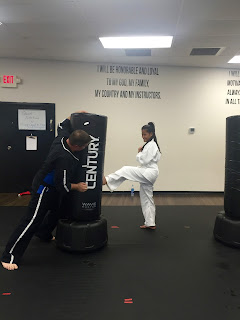US aid programs for Micronesia, Palau, and the Marshall Islands are deeply flawed, and Micronesians who come to the US seeking a better life often face major challenges as well.
That's the conclusion of a new report published by the Hawaiian-based Grassroot Institute, a nonpartisan think tank.
The Institute's new Returning Power to Micronesians in Hawaii report explains how decades of poorly designed and badly managed bilateral aid has stunted economic growth in these three strategically situated Pacific islands nations, collectively known as the Freely Associated States (FAS).
Lack of domestic opportunity, combined with special rights of entry and indefinite residency in the United States, have driven large numbers of Micronesians from the FAS to Guam, Hawaii, and the US mainland in the recent years.
The Returning Power report examines how FAS migrants who come to Hawaii face a second set of challenges in the form of artificial barriers to affordable housing and economic mobility.
Read the full report at GrassrootInstitute.org.
Share
















































